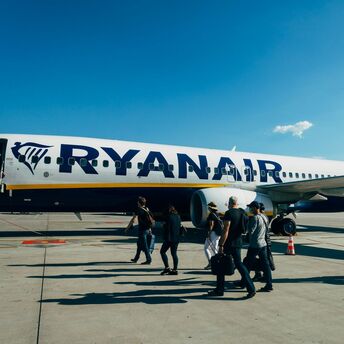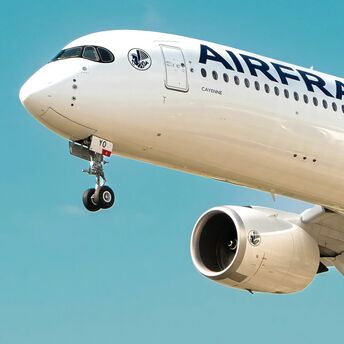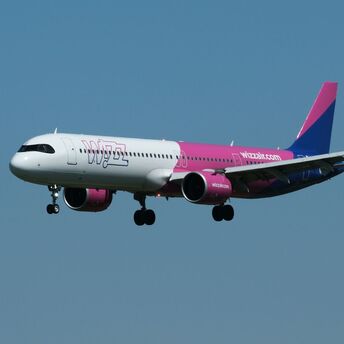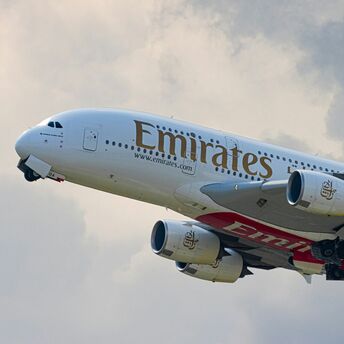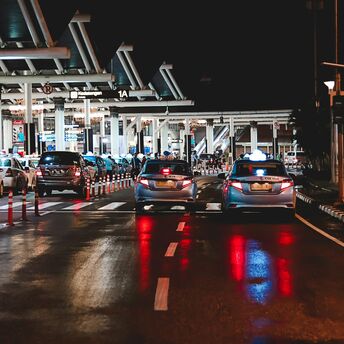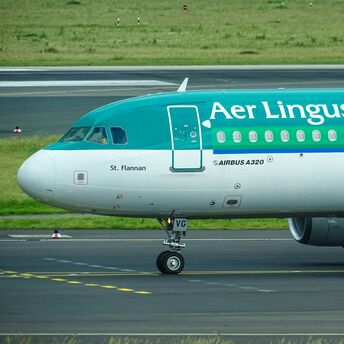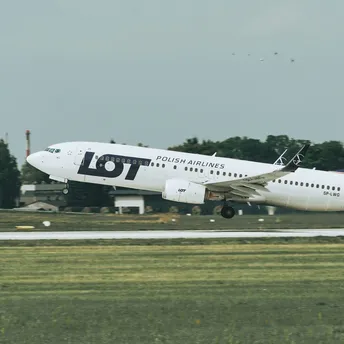Expect Delays: Capacity Problems Disrupt Flights at Brussels Airport
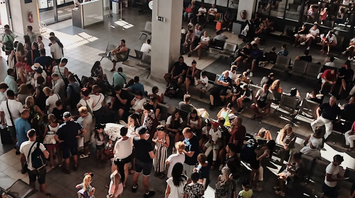
On 12 August Brussels Airport (BRU) experienced significant regulation of incoming flights because of ongoing work at the aerodrome. Regulated arrivals were introduced because of ongoing aerodrome works aimed at upgrading infrastructure, limiting the number of flights that could land per hour. Eurocontrol confirmed that these measures slowed incoming traffic and led to moderate to heavy delays for many flights. This chain reaction quickly spilled over to departures, shifting the timing of both short and long distance flights.
Because of these limits, the flow of both passengers and aircraft through the terminals and gates has slowed noticeably, making movement less smooth than usual. Passengers catching connecting flights are hit the hardest, since even a small delay in landing can mean missing the next flight, facing long waits, or having to quickly change their travel plans. For travellers on a tight timetable, this situation piles on extra pressure, often leaving them to rethink and change their plans right there and then.
Since the runways and ground services are working at a slower pace than normal, passengers can expect it to take longer to get from the plane to baggage claim and then on to their next mode of transport. Rail services from the airport station may help in some cases, but these too can be missed if flights arrive late. The disruption reaches past Belgium’s borders, interrupting trips to nearby countries that depend on connections through Brussels.
Right now, with travel plans sometimes changing unexpectedly, passengers can make the journey smoother by thinking ahead and setting aside extra time in their schedule to handle any last-minute changes without stress. Leaving a bit earlier or later, or picking a completely different route, can often be the deciding factor between making your connection and spending hours waiting around. Practical steps to consider are:
- Build extra time into your plans so minor delays will not derail the whole trip.
- Keep an eye on official flight updates through your airline or the airport.
- Have another travel route in mind so you are ready to switch plans if your main one falls through.
- Remember that Brussels Airport links to major cities such as Luxembourg, Antwerp, Paris and Amsterdam, where disruptions can quickly spread.
- Taking these precautions can help you stay flexible and minimise the impact of delays.
Whether travelling for work or leisure, the current situation serves as a clear reminder of how important it is to stay flexible and be well prepared. Staying informed, keeping your plans flexible, and allowing enough time for transfers can make a big difference in ensuring your trip stays on track until the airport is operating normally again. If you know when travel is at its busiest, consider whether nearby airports could work for your journey, and keep track of airline alerts to lower the chances of facing major disruptions.








